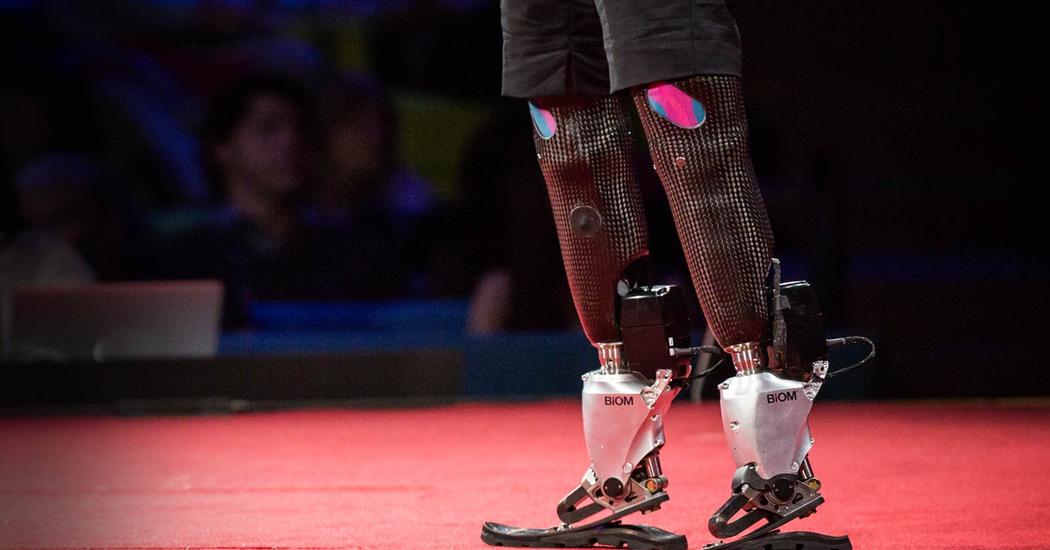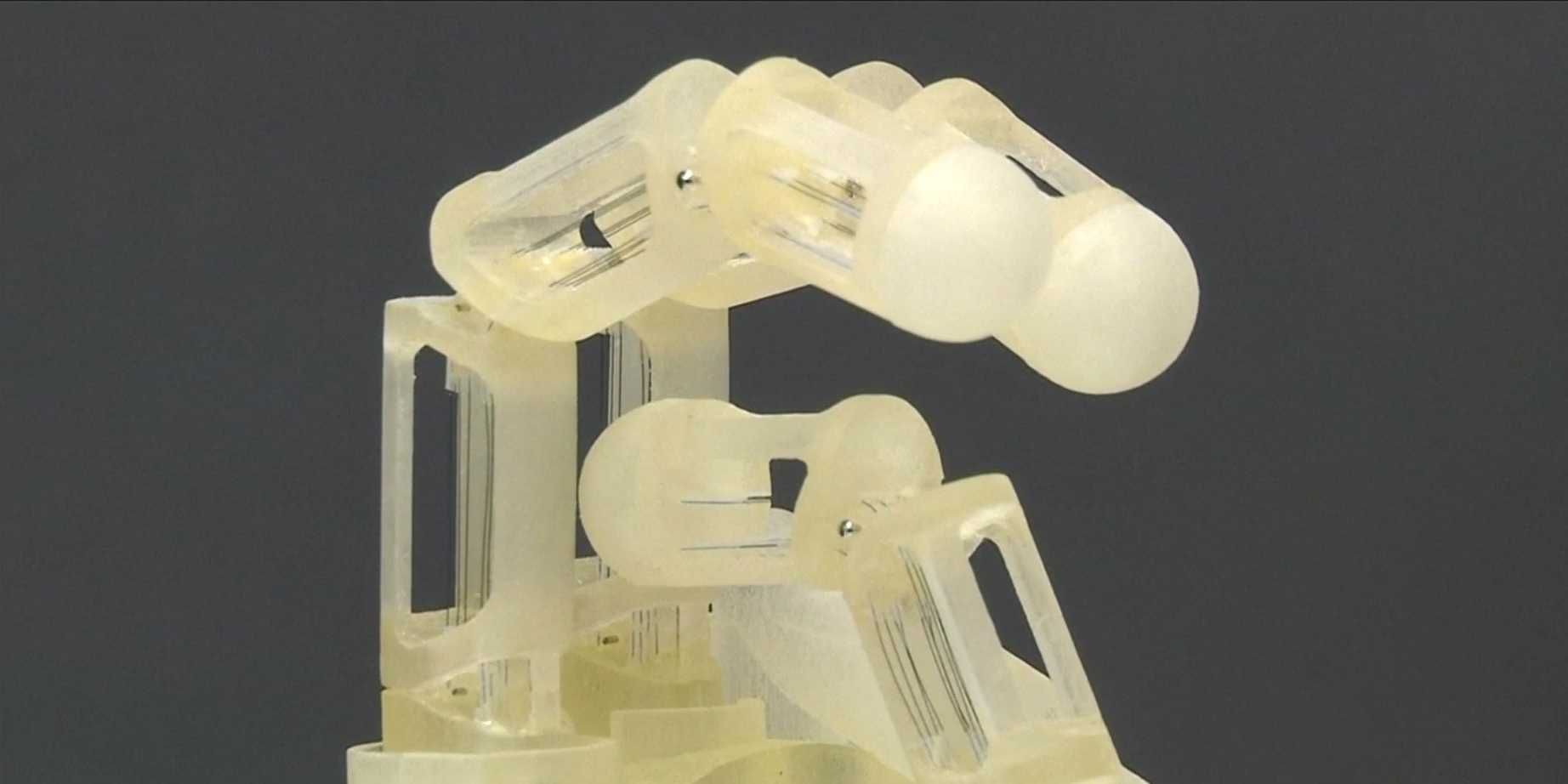Archive for the ‘cyborgs’ category: Page 127
Aug 9, 2015
WATCH: The dawn of the bionic man
Posted by Bryan Gatton in categories: biotech/medical, cyborgs, robotics/AI, transhumanism
Hugh Herr is building the next generation of bionic limbs, robotic prosthetics inspired by nature’s own designs. Herr lost both legs in a climbing accident 30 years ago; now, as the head of the MIT Media Lab’s Biomechatronics group, he shows his incredible technology in a talk that’s both technical and deeply personal — with the help of ballroom dancer Adrianne Haslet-Davis, who lost her left leg in the 2013 Boston Marathon bombing, and performs again for the first time on the TED stage.
Aug 5, 2015
These scientists have engineered a new, lightweight bionic hand
Posted by Albert Sanchez in categories: cyborgs, transhumanism
Aug 4, 2015
A (Very) Brief History of Death
Posted by Johnny Boston in categories: bionic, biotech/medical, cryonics, cyborgs, education, evolution, futurism, health, information science, life extension, science, transhumanism

“I am prepared to meet my Maker. Whether my Maker is prepared for the great ordeal of meeting me is another matter.” — Winston Churchill
Death still enjoys a steady paycheck, but being the Grim Reaper isn’t the cushy job that it used to be.
Aug 1, 2015
Bionic Eye Restores Woman’s Vision
Posted by Sean Brazell in categories: cyborgs, transhumanism
Watch the video Bionic Eye Restores Woman’s Vision on Yahoo News. Carmen Torres is the first to receive the life-changing implant in Florida.
Jul 26, 2015
Children With Prosthetics Could Soon Be Creating Their Own Lego Attachments
Posted by Albert Sanchez in categories: biotech/medical, cyborgs
Imagine being able to snap a mechanical digger or a Star Wars spaceship onto the end of your arm. With the next level of prosthetic designs from Lego, this could soon be a playtime reality for kids with prosthetic limbs.
Jul 19, 2015
Google Futurist Ray Kurzweil thinks we’ll all be cyborgs by 2030 — Guia Marie Del Prado — Business Insider
Posted by Seb in categories: cyborgs, Ray Kurzweil

Imagine accessing Wikipedia just by thinking about it. It sounds like science fiction now, but futurist and Google engineer Ray Kurzweil thinks that reality is just a few years away.
At the Exponential Finance conference on June 3, he predicted that humans will be cyborgs by 2030, according to CNNMoney. Read more:
Jul 15, 2015
One day soon, amputees will be able to control their prosthetic limbs with their minds.
Posted by Albert Sanchez in categories: biotech/medical, cyborgs
One day soon, amputees will be able to control their prosthetic limbs with their minds. http://voc.tv/1cRrjAQ.
Jul 9, 2015
10 Futuristic Weapons That Will Change Modern Warfare
Posted by Sean Brazell in categories: cyborgs, futurism, military
Invisibility cloaks, cyborg insects, laser beam weapons…you name it, it’s probably secretly being development as you read this right now. Advances in modern weaponry have leapt straight out of science fiction films and into military reality. The US Military budget for 2016 is $786.6 billion. With that kind of spending, it’s not surprising that there have been some insane recent advancements. Here is a list of the 10 most futuristic weapons that will change modern warfare for ever.










